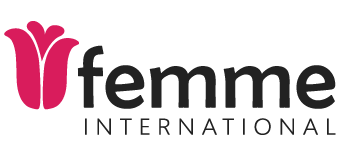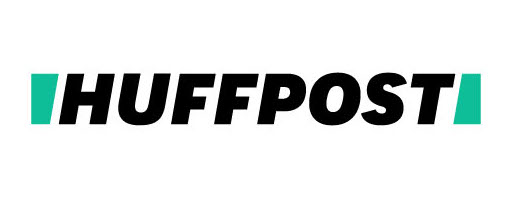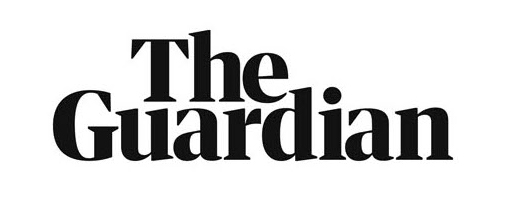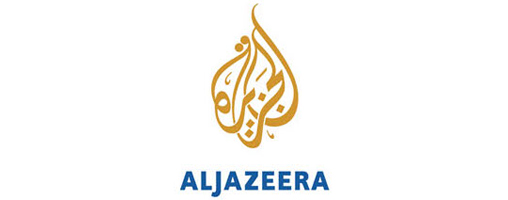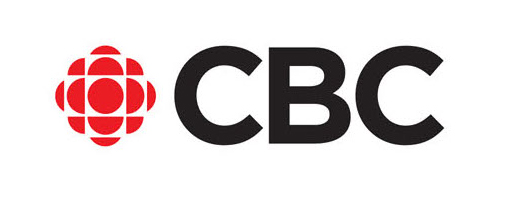The “othering” of homeless women and girls is usually naturalized, perpetuating their marginalisation.
Guest post by inspiring superwoman, Elizabeth K. Gimba from “Go with the Flow, Period!”
I am Elizabeth K Gimba from Kenya/South Sudan and currently reside in New York, USA where I am pursuing a major in Neuroscience and minors in French and German. There is an impressive latitude of things I am passionate about; menstrual poverty and its alleviation is one of them.
Last year, I was privileged to be a grant recipient while studying in Freiburg, Germany through one of my projects “Go with the Flow, Period!” on sustainable menstrual cups for homeless women and girls in Nairobi, Kenya. I partnered with Femme International, an organisation that persistently champions for menstrual rights in different regions around Eastern Africa. The project’s aim was to facilitate menstrual education and distribution of sustainable menstrual cups to homeless women and girls in the streets of Nairobi, Kenya and that is exactly what Femme International, and I spent the June of 2019 doing.
We used Twaweza Program workbooks courtesy of Femme International in both English and Swahili to ensure an optimum comprehension of what we would be training the women and girls. The workbooks covered vital topics on the female reproductive system, puberty, personal hygiene, menstruation and the menstrual cycle, managing and tracking periods, Pre-Menstrual Syndrome (PMS) and how to manage it, problems associated with menstruation, Urinary Tract Infections (UTIs), Reproductive Tract Infections (RTIs), reusable pads, menstrual cups and more.
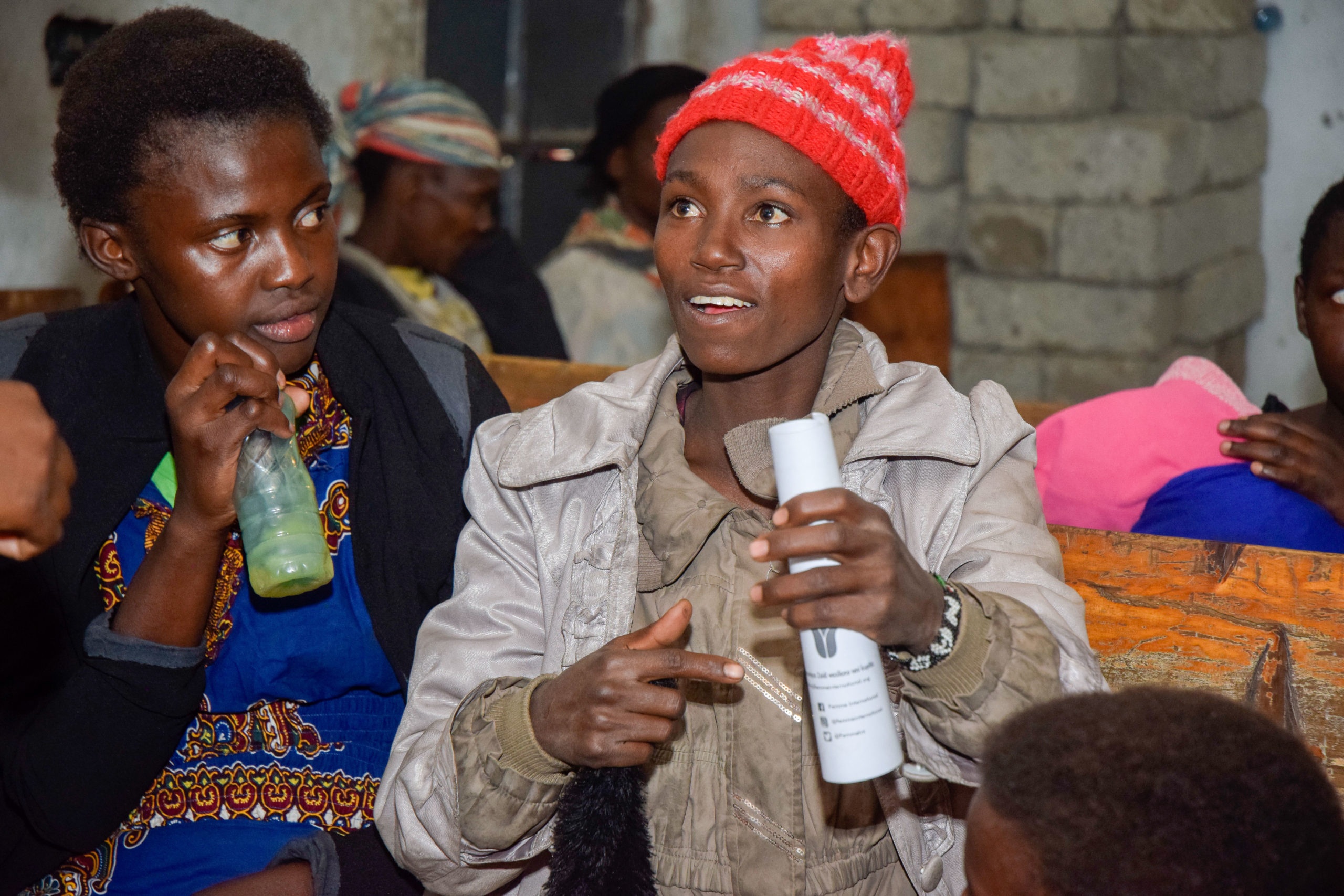
Beneficiaries of the project funded by Elizabeth Gimba at a shelter in Mlango Kubwa,Nairobi, where an NGO called Joy Divine is helping to house and feed street youth.
I was inspired to carry out the project in the streets because the “othering” of homeless women and girls is usually naturalized thus further perpetuating their marginalisation. This meant that my aim was not only to confront the daily silent necessities of period poverty but to also restore the dignity that all women and girls on the streets rightfully deserved.
Moreover, the project enables us to learn more about the life of menstruating, homeless women and girls through emic perspectives and experiences. Distributing menstrual cups which could last the women a period of up to ten years was one of their inflection points. For most women and girls, it was their first time learning about menstrual cups and this made both our experience and theirs more meaningful. Additionally, as the menstrual cups came in Femme kits we provided the women and girls with bars of soap and at least a pair of underwear each to allow for proper sanitation during their periods.
In essence, the immediate community was very open to supporting our movement and mission and at some point also encouraged their younger daughters to join in the training we gave in order to learn more about menstrual education. This shaped to some extent their perception of menstruation in general and certainly clarified that menstruation is not a shameful phenomenon but rather something natural that they should all embrace and be proud of.
Elizabeth Gimba is the founder of “Go with the flow, Period!” and a young educationist currently pursuing an undergraduate degree in Neuroscience with French and German minors.

